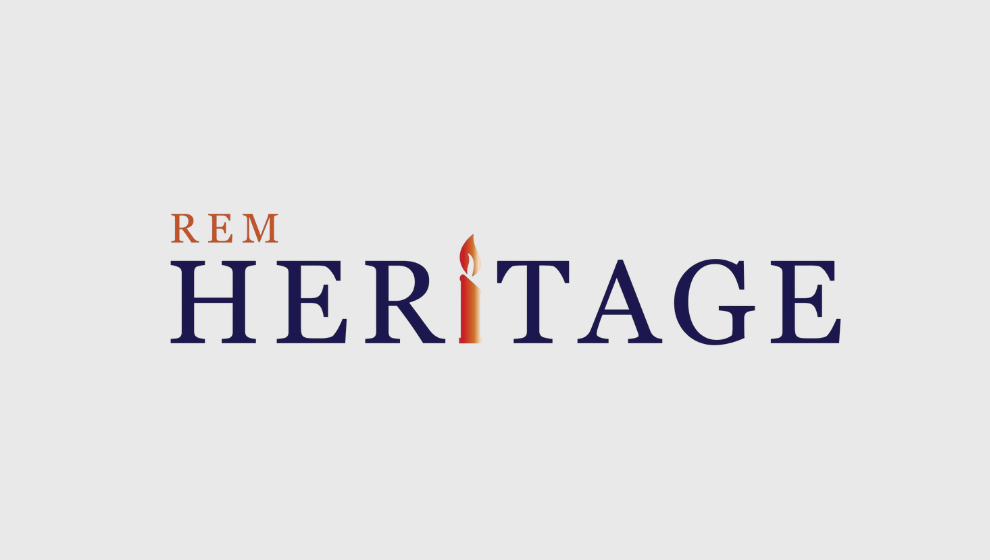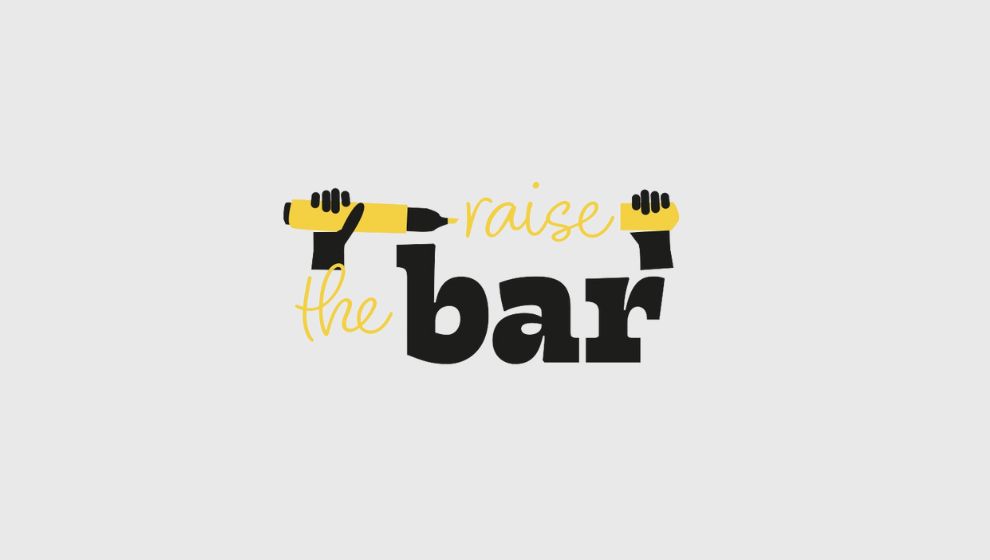Choose-life: Implementing a Drug-(ab)use Prevention Program & Shaping Youth Policies with Disadvantaged Young People for Psychosocial Well-being Promotion

The rise in social challenges, particularly affecting vulnerable youth, highlights a gap in social policy implementation, especially in providing supportive services and educational opportunities outside traditional settings. Drug abuse remains high across the EU, it prompts a crucial consideration regarding whether to continue criminalizing and further marginalizing young people engaged in such risky behaviours, or to first seek understanding of the underlying reasons. The Choose-life project aims to conduct a drug-ab(use) prevention program though a biopsychosocial lens & advocate for inclusive social policies for/with disadvantaged youth, while empowering youth workers, building better life chances and encouraging mindful choices.
The development of the Choose-life toolkit will include healthy leisure practices for young individuals with fewer opportunities. At the same time, youth workers social workers and educators will also be involved and trained through the Choose-life Curriculum and Manual. Young participants will have the opportunity to join capacity-building activities, trainings, job shadowing opportunities and to be part of the local Youth Choose councils in Italy, Portugal, Poland, Greece, Cyprus, Serbia and Belgium. People aged 13-18 years old will have the opportunity to be part of an International Youth-camp in Poland.
Target Groups
Education Level
RELEVANT PROJECTS




